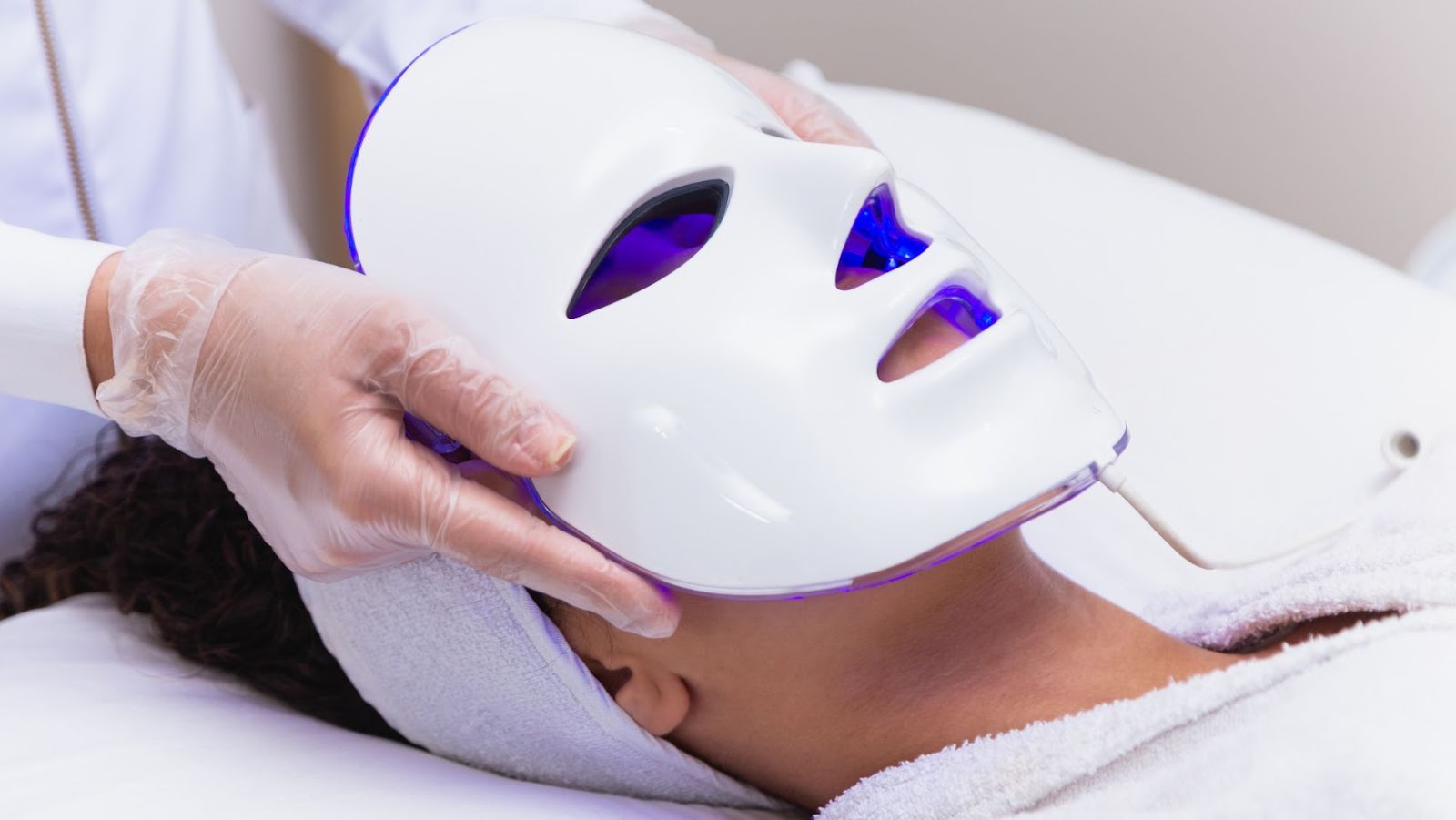Are you in your 30s but still have acne? While pimples are common among teenagers, people may experience acne even if they reach adulthood. Learn what causes adult acne and the appropriate management for it below.
What Causes Adult Acne?
The things that cause acne in adults are similar to adolescents. Generally, acne or pimples develop when dead skin cells and sebum (the skin’s natural oil) plug hair follicles. Germs can also cause skin inflammation causing severe acne.
Acne can also run in the blood. If you have close adult relatives who have acne, you’ll likely experience it. Pregnancy, stress, and other bodily activities and functions that cause hormonal changes can also predispose an adult to develop acne.
In addition, the medications you take can cause pimples, such as some birth control pills. Lack of sleep, an unhealthy diet, and the use of harsh skin products can contribute to adult acne.
How to Manage Adult Acne?
Adults can manage acne through good hygiene. A good skincare routine involves washing your face twice daily when you wake up in the morning and before bedtime. It also pays off to try the latest skin treatments, such as the following:
Light Therapy
In a light therapy dermatological treatment, multiple light wavelengths penetrate the skin cells to promote faster acne healing. Light therapy combines blue and red light wavelengths to attain the best results.

Moreover, light therapy at-home treatment devices vary in size. A small, targeted laser and an acne mask can treat one pimple at a time, whereas full panels can treat large skin areas like the back and limbs.
Drug Therapy
Topical antibiotic therapy has been the traditional way to treat acne, which involves a combination of topical minocycline and benzoyl peroxide. But some patients experience irritation with antibiotic therapy. Talk to your dermatologist to learn the new acne treatment modalities using antibiotics.
For those with highly active sebum production, the latest topical drug in the market is Clascoterone, which was FDA-approved in August 2020. It inhibits sebum production and inflammatory cells to stop acne. Dermatology Times reported the Clascoterone cream showed remarkable improvement in acne in clinical trials.
Managing Acne
How can you manage adult acne at home? Discipline is the key to attaining acne-free skin. Don’t miss the following best practices to effectively manage acne at home:
Watch What You Apply on Your Skin
Be cautious about the cosmetic products you apply to your face. You might not know that you’re allergic to a particular ingredient until you experience skin irritation and severe acne. That’s why skin testing is a must before applying a new makeup.
Ensure the cosmetic products you buy come from legitimate sellers or distributors. Many fake cosmetic products are available online. They may contain high levels of harsh substances like mercury that can irritate the skin and cause severe acne.
Develop a Consistent Sleep Routine
Insomnia or sleeplessness can lead to adult acne because of high cortisol levels. Inadequate sleep elevates this stress hormone’s levels in your body, triggering inflammation. Inflammatory cells break down the skin proteins, causing dullness and acne.

Develop a good sleep routine by preparing for bedtime at the same time every night. Set the alarm to wake up at the same time every morning. This strategy can help set your body clock to sleep and wake up on a consistent schedule daily.
Eat Nutritious Foods
What you eat also reflects your skin health. The best foods for healthy skin include fatty fish, broccoli, sweet potatoes, pepper, avocados, tomatoes, sunflower seeds, and dark chocolate. Aside from acne, do you also have weight problems? You can seek the help of a nutritionist or dietician to determine the best menus to maintain skin health and weight management.
Stress Management
You can develop acne because of stress. People experience stress every day at work and even inside the home. When you’re stressed, you might not be able to sleep on time because of intense worry.
For this reason, it’s essential to manage stress by using a time management app to keep track of all tasks you need to do daily. Furthermore, strengthening your coping mechanisms by seeking expert help is advisable when you suffer from severe stress and anxiety.
Conclusion
Adult acne can be a result of multiple, complex factors. It’s important to maintain a good skin routine, get enough sleep, eat healthy foods, and prevent stress to prevent and manage this skin problem. If you have concerns about adult acne, consult a professional. A licensed dermatologist can assess your skin and provide expert recommendations on the best treatment for your condition.




